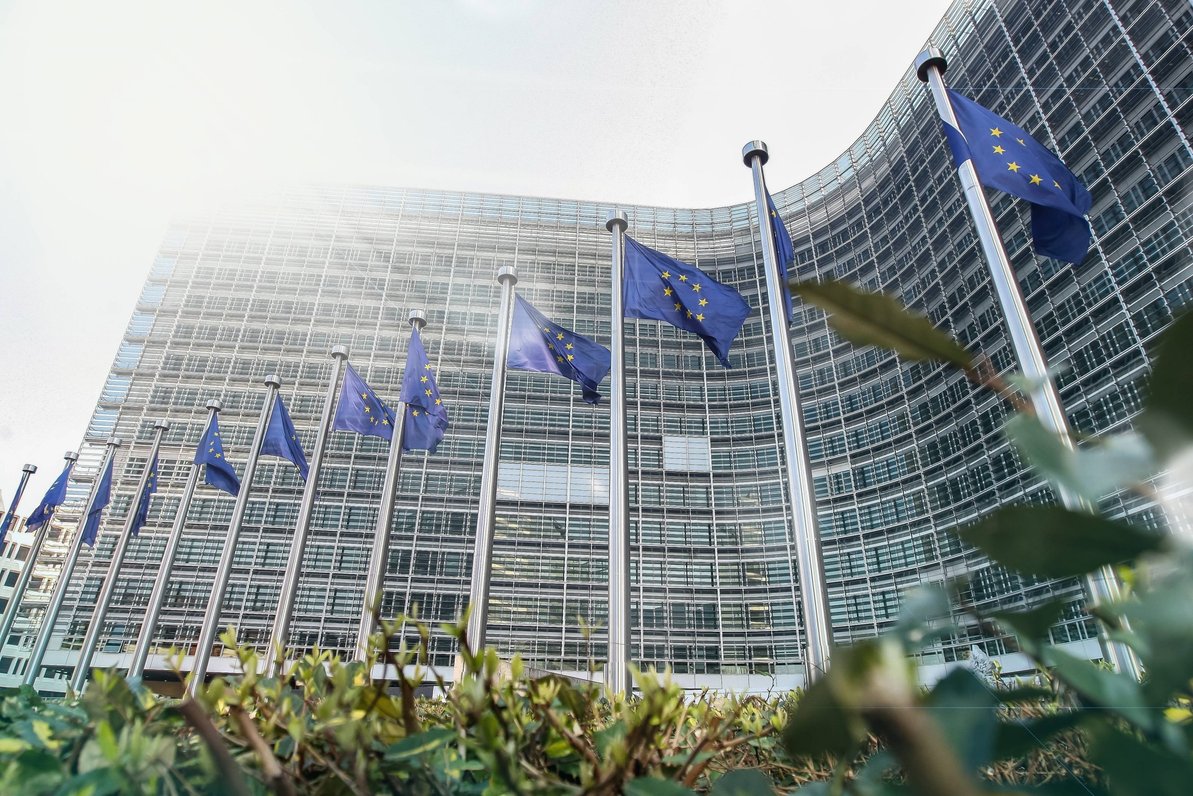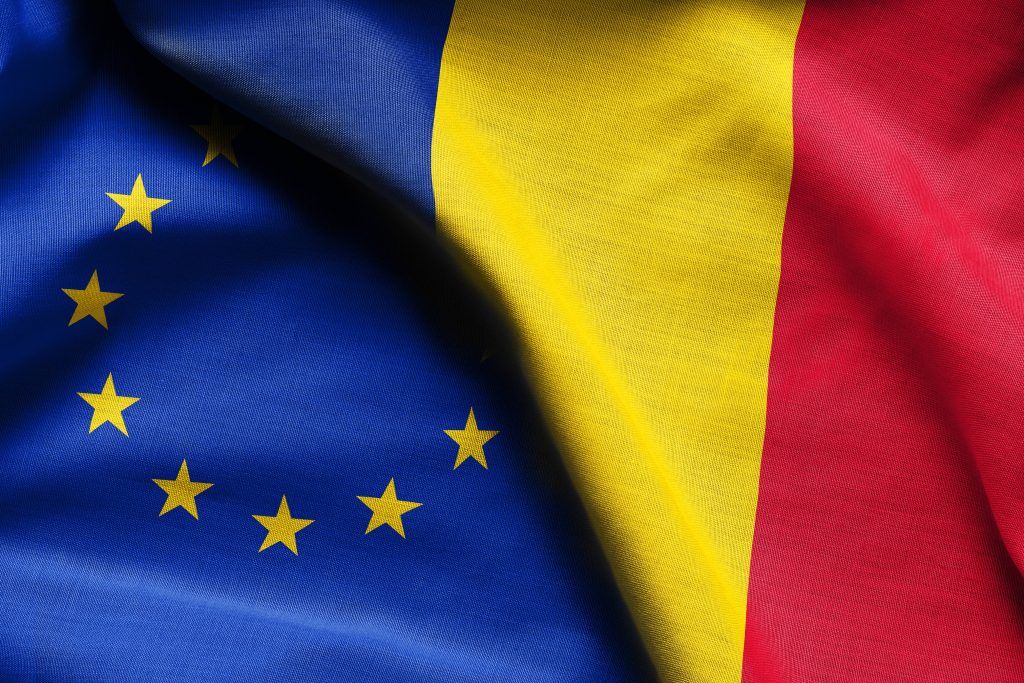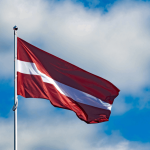Repatriation to Romania allows individuals of Romanian descent or those with historical connections to the country to reconnect with their heritage and apply for Romanian citizenship. As an EU member, Romania provides its citizens with numerous benefits, including the ability to live, work, and travel freely across Europe. Here’s a comprehensive guide to understanding eligibility, main benefits, and steps to apply for Romanian citizenship through repatriation.
Key Aspects of Repatriation to Romania
The repatriation to Romanian is a straightforward way to citizenship for those with familial or ancestral connections to the country.
- Eligibility for Citizenship. As a rule, applicants must demonstrate a connection to Romanian ancestry. This could mean having a Romanian parent, grandparent, or even ancestors from territories that were once part of Romania. Some individuals may also qualify if they previously held mentioned citizenship or if their family did.
- Dual Citizenship Permitted. Romania allows dual citizenship, which means applicants can keep their current nationality while obtaining Romanian citizenship. This is advantageous for those who want the benefits of EU citizenship without losing their original citizenship, offering more flexibility for family and work life.
- Access to EU Rights. Romanian citizenship provides access to a range of EU privileges, allowing holders to live, work, and travel freely within EU countries. This opens up professional and personal opportunities, expanding options for education, healthcare, and quality of life across Europe.
Essential Tips for a Smooth Repatriation Process
To navigate the repatriation process successfully, advance preparation and thoughtful planning are essential. Begin by gathering necessary documents such as birth certificates, proof of Romanian ancestry, and other identification well in advance. Some documents may require official translation or authentication to meet Romanian legal standards, so allowing ample time for this can help avoid delays. Seeking legal guidance from a migration lawyer familiar with Romanian repatriation laws can also be beneficial. A lawyer can offer clarity on eligibility requirements, assist with document preparation, and manage application timelines, ensuring a smooth process from start to finish. In addition, learning basic Romanian, although not always mandatory, can make it easier to communicate with local authorities and facilitate adaptation to life in Romania if you decide to move.

Stages of Applying for Repatriation
The process of applying for Romanian citizenship through repatriation involves a few structured steps:
- Confirm Eligibility. Begin by establishing proof of Romanian ancestry or former citizenship. This may involve tracking down birth records, family documents, or certificates from Romanian authorities.
- Prepare and Submit Documents. Compile necessary documents, including identification, birth certificates, and proof of ancestry. Submit these documents to a Romanian consulate or the appropriate authorities, either in Romania or your country of residence.
- Follow Up on Application. Processing times can vary, so regular follow-up with the consulate or legal representative may help to keep you informed of progress. The review stage typically involves verification of submitted documents and background checks.
- Receive Citizenship Approval. Once the application is approved, you will receive a certificate of Romanian citizenship, granting you full rights as both a Romanian national and an EU citizen.
Conclusion
Repatriation to Romania is a rewarding way to reconnect with one’s heritage while enjoying the advantages of EU citizenship. From streamlined document requirements to the possibility of dual citizenship, Romania offers a welcoming repatriation path for those with Romanian roots. With careful preparation, legal assistance, and an understanding of the process, applicants can enjoy a seamless journey towards Romanian citizenship, ultimately gaining new freedoms and opportunities within the European Union.



